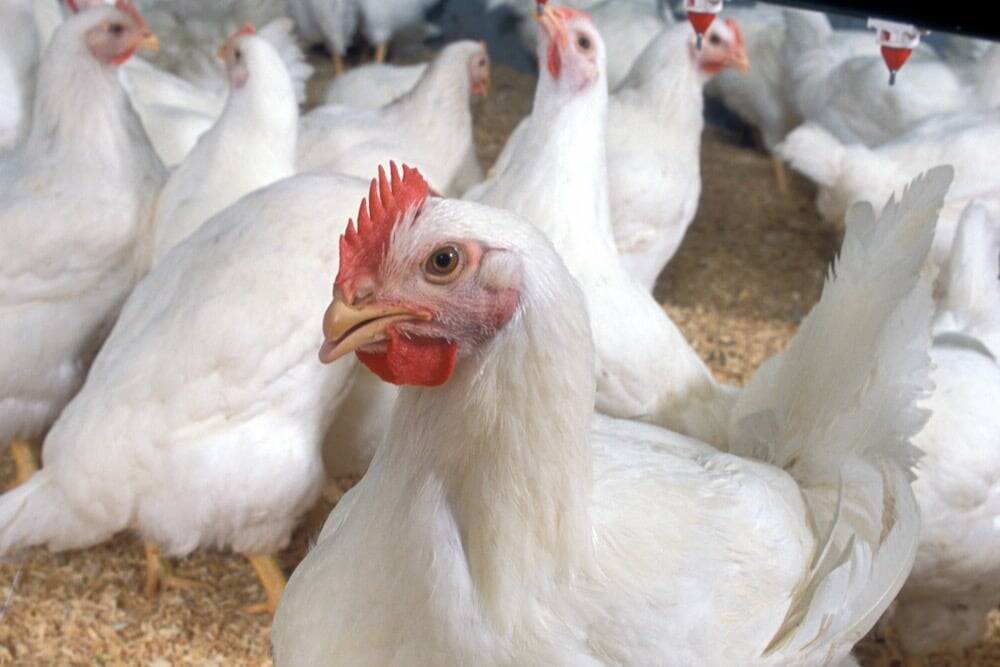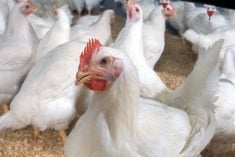BEIJING (Reuters) — China will need to plant genetically modified corn if it is to cope with the growing challenge of food security, said a leading biotech scientist, even as the country continues to reject imports of GMO corn from the United States.
China’s rapid urbanization and rising wealth has triggered a rapid growth in demand for food and feed, and despite annual increases in crop yields, food security remains one of the government’s top concerns.
However, China has so far refused to allow planting of major GMO food crops over public concern around the safety of the technology.
Read Also

France raises bird flu alert level to ‘high’ after new cases
France has raised its bird flu alert level to “high” from “moderate”, requiring poultry farms nationwide to keep birds indoors as Europe faces a seasonal resurgence of the disease.
Despite investing billions of yuan in research over 20 years and granting safety certificates for its first genetically-modified corn and rice in 2009, China has still not authorised their commercial production, with papaya the only GMO food allowed to be grown in the country.
Demand for corn, used widely in food, feed and processed products, is set to outstrip domestic supply, making adoption of GMO technology more pressing, said Huang Dafang, professor at the Biotechnology Research Institute of the Chinese Academy of Agricultural Sciences, and formerly on the biosafety committee at the Ministry of Agriculture.
“Corn is currently the genetically modified crop we most urgently need to develop,” he said.
While acknowledging that corn imports are “inevitable” for China in the long-run, Huang added that they should not be allowed to reach the level currently seen with soybeans. About 80 percent of China’s soybeans are imported.
“We need to speed up development (of GMO corn) and we look forward to faster development,” he said.
China is already the world’s third-largest corn buyer, importing more than three million tonnes in 2013. However, its imports were expected to be higher before Beijing rejected more than 600,000 tonnes of corn from the United States containing Syngenta’s genetically-modified MIR 162 strain.
Huang said he was not aware of the specific details of this case, but stressed that Beijing’s support for GMO technology had not changed. If anything, the leadership was showing more “clear-cut” support for GMOs, he said.
“Because the government believes that technology is needed to resolve the food security problem and promote sustainable development of agriculture, they are making their position known, and this is leading to a change in the direction of public opinion,” he added.
The next step is for the government to demonstrate its food security strategy by pushing forward commercialization, he continued.
“Promoting commercialization, I believe is currently more important than anything else because if you just talk about research and don’t promote commercialization, you cannot go further with research, and you also can’t make the public really believe that this is necessary.”














